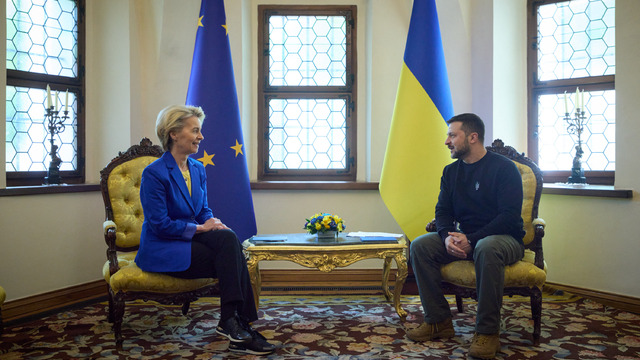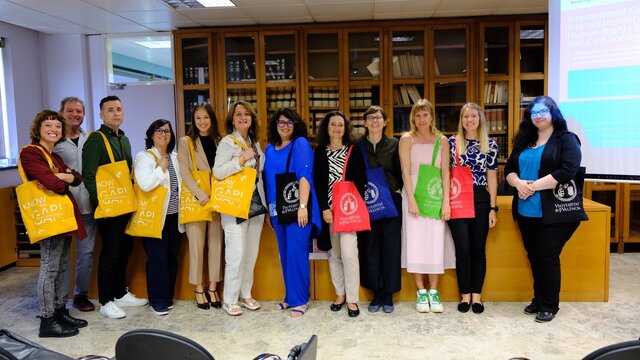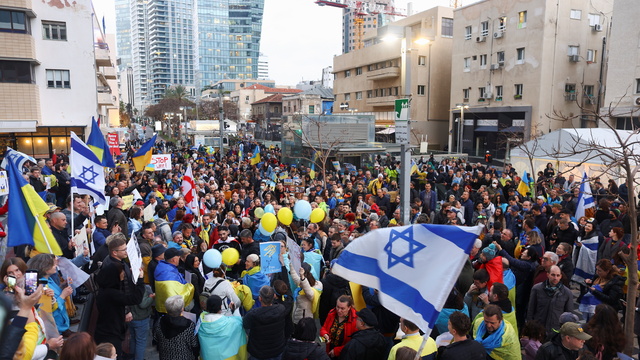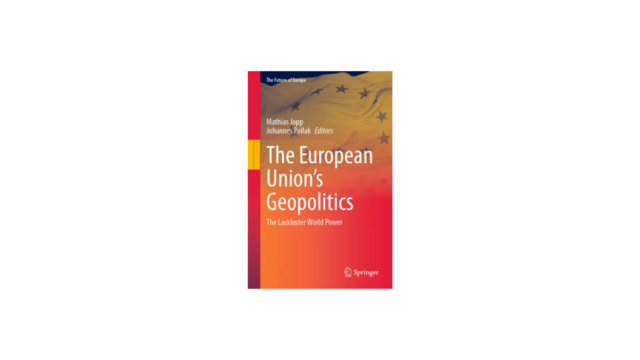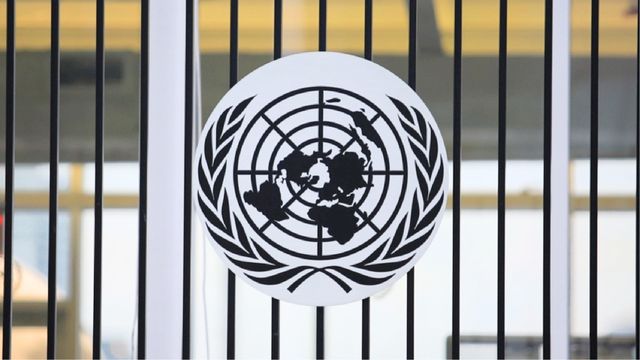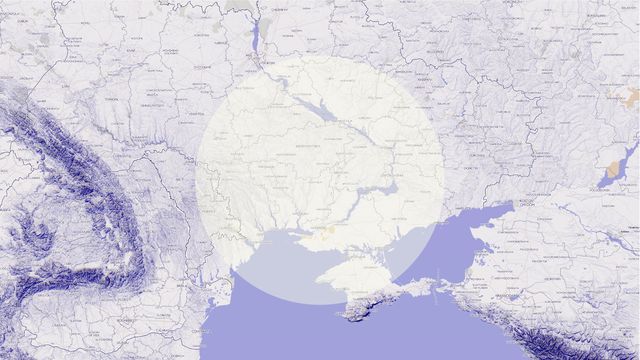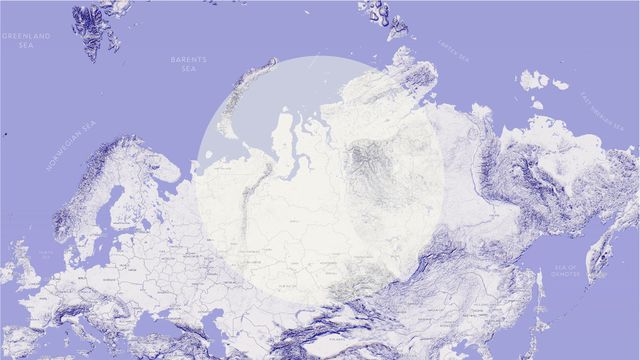Where Two Are Fighting, the Third Has to Adjudicate – Ukraine and the Russian Federation at the International Court of Justice
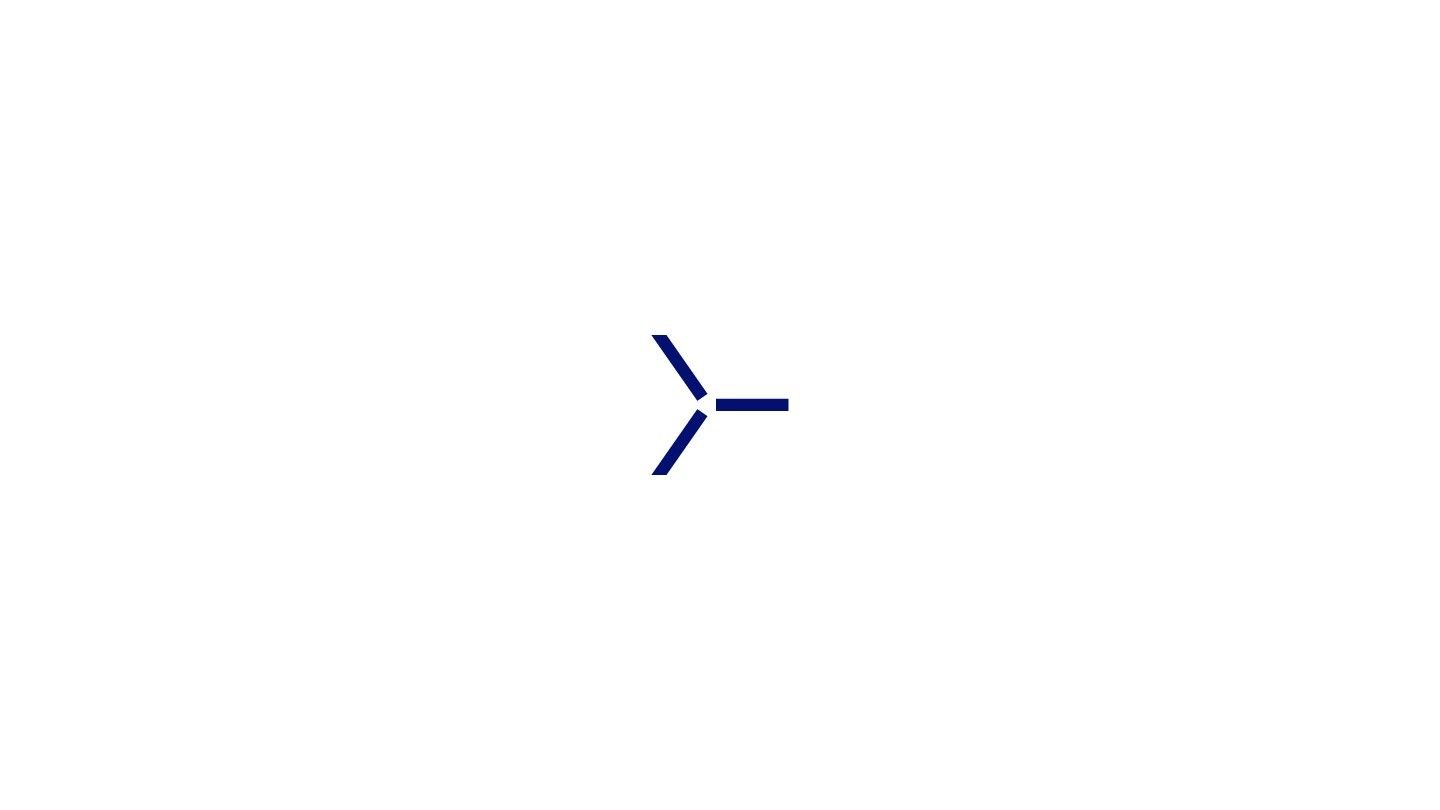
The first hearing in the dispute between Ukraine and the Russian Federation was held at the International Court of Justice (ICJ) in the Hague on 6th-9th March 2017. The hearing did not relate to the substance of the dispute, but to the request by Ukraine for provisional measures under Article 41 of the ICJ. Despite this, it might be useful to briefly summarize the case and consider Ukraine´s chances to succeed in it.
Thorny path to the International Court of Justice
The International Court of Justice as “the principal judicial organ of the United Nations” (Article 92 of the UN Charter) has the task to resolve disputes between States. This, however, does not mean that any State may submit any case to the ICJ. The Court considers legal disputes only on the condition that it has jurisdiction in such cases. Its jurisdiction can be established in three different ways:
- The first is the acceptance of the ICJ’s jurisdiction in any dispute relating to a particular State through a declaration made by this State under Article 36 of the ICJ Statute. However, neither Ukraine nor the Russian Federation are among these States; the first option was therefore unavailable here.
- The second option is to establish the jurisdiction by means of a special agreement. The states in dispute decide together to submit a case to the ICJ, and they conclude a special agreement which usually defines the object of the dispute and the scope in which this object should be considered by the ICJ. Nevertheless, special agreements require both parties to seek to resolve their dispute and that their mutual relations are not too problematic. Once again, neither of these conditions is met in the dispute between Ukraine and the Russian Federation.
- The last option is to establish the jurisdiction through a jurisdictional clause relating to the ICJ that is contained in an international treaty binding the parties to a dispute. While the number of these treaties is quite impressive at first sight, it might be difficult to choose one. This is so due to the fact that many states, including the Soviet Union and its successor states, have quite consistently formulated reservations to jurisdictional clauses, effectively preventing their use. Yet, Ukraine has been able to identify two relevant treaties binding both Ukraine and the Russian Federation: the 1965 International Convention on the Elimination of All Forms of Racial Discrimination (CERD) and the 1999 International Convention for the Suppression of the Financing of Terrorism (ICFST). These two instruments provide the legal ground for the Ukrainian submissions.
It has also been proposed (see here) that instead of the adversary proceeding, Ukraine should initiate, through the UN General Assembly, an advisory proceeding by virtue of Article 65 of the ICJ Statute. In 2008 Serbia used this method with regard to the Kosovo declaration of independence. The number of states that voted for the adoption of the UN General Assembly Resolution 68/282 condemning the annexation of Crimea (100 in favour, 11 against, and 58 abstentions) suggests that Ukraine could have a chance to gain a sufficient support (129 votes in favour are needed). Yet, advisory opinions are non-binding in nature, constituting mere recommendations.
Will Ukraine End Up Like Georgia?
The identification of two treaties with applicable jurisdictional clauses has allowed Ukraine to submit an application against the Russian Federation to the ICJ on the 17th of January 2017. There is, however, no guarantee that the case will not be dismissed on procedural grounds. In 2008, Georgia submitted an application against the Russian Federation similar to that of Ukraine. The application also relied on the International Convention on the Elimination of All Forms of Racial Discrimination (but not on the International Convention for the Suppression of the Financing of Terrorism that Georgia apparently did not consider relevant). In the autumn of 2008, it seemed that the case was going in the right direction for Georgia because the ICJ granted Georgia’s request for provisional measures, calling upon the two States to refrain from any acts of racial discrimination and to do all in their power to ensure a full implementation of the Convention. However, on the 1st of April 2011, in a decision on the preliminary objections made by the Russian Federation, the ICJ found that it did not have the jurisdiction to entertain the case.
The rationale for this decision pertained to the failure by Georgia to fulfil the conditions contained in the jurisdictional clause enshrined in Article 22 of the CERD, according to which “[a]ny dispute between two or more States Parties with respect to the interpretation or application of this Convention, which is not settled by negotiation or by the procedures expressly provided for in this Convention, shall, at the request of any of the parties to the dispute, be referred to the International Court of Justice for [a] decision, unless the disputants agree to another mode of settlement.” Even though at first sight, the clause might appear harmless and unsubstantial, the ICJ concluded that it created an obligation on the side of the parties to the conflict to try, prior to submitting the case to the ICJ, to settle the dispute by other means, including negotiation. According to the ICJ, Georgia did not make genuine attempts to negotiate matters falling under the CERD and, consequently, the conditions of Article 22 were not fulfilled.
As was mentioned above, Ukraine also bases its submission on Article 22 of the CERD, as well as on Article 24 of the ICFST. The latter states: “Any dispute between two or more States Parties concerning the interpretation or application of this Convention which cannot be settled through negotiation within a reasonable time shall, at the request of one of them, be submitted to arbitration. If, within six months from the date of the request for arbitration, the parties are unable to agree on the organization of the arbitration, any one of those parties may refer the dispute to the International Court of Justice, by application, in conformity with the Statute of the Court.” The conditions set here are even stricter because the parties to the dispute are required to attempt to engage not only in negotiations, but also in arbitration.
Ukraine started to consider submitting the lawsuit to the ICJ based on the CERD and the ICFST in January 2016 at the latest. It thus had enough time to learn from Georgia´s experience and to take steps to fulfil the conditions of Articles 22 and 24. In its application submission, Ukraine repeatedly stresses that it “has made extensive efforts to negotiate a resolution to the dispute” (paragraphs 19 and 23) and that it offered arbitration to the Russian Federation (paragraphs 20- 21). In Ukraine’s view, its negotiation and arbitration efforts were ignored by the counterparty, which did not have an interest in resolving the dispute. Unsurprisingly, the Russian Federation views the matter otherwise. According to its view, Ukraine never sought to resolve the dispute, because its only true objective was to take the Russian Federation to the ICJ.
Iryna Marchuk notes that “the ICJ judges will have a difficult task to ascertain whether the procedural preconditions have been met given [the] highly politicised context, which underlines the ongoing dispute.” On the one hand, both the CERD and the ICFST envisage that a case should be considered by the ICJ only after other dispute resolution mechanisms have been tried and failed. Following its position in the Georgian case, the ICJ can therefore conclude that Ukraine and the Russian Federation have not done enough, sending them back to the negotiating table. On the other hand, it is quite clear that there may be cases where a dispute is so acute that neither of the parties is truly willing to negotiate. Negotiations may also be impossible due to the inability or unwillingness of the parties to communicate with each other. In such a situation, one may wonder whether it makes sense to insist that the parties continue in their attempts to negotiate and whether it would not be more suitable, and more in line with the original intent of the drafters of the CERD and the ICFST, that the case be considered by an independent body, such as the ICJ.
Racial Discrimination and the Financing of Terrorism
Even if the ICJ declared itself competent to consider the case, it would not automatically mean a victory for Ukraine. The application is based on treaties which are only partially related to Ukraine´s efforts to hold the Russian Federation responsible for its occupation of Crimea and support for pro-Russian insurgents in Eastern Ukraine. Neither the CERD nor the ICFST addresses the use of force in international relations or the legality of the occupation of a foreign territory. As their titles suggest, these instruments deal, respectively, with racial discrimination and the financing of terrorism. Ukraine had to try to identify precisely these two acts in the conduct of the Russian Federation. This, however, also means that the ICJ would only decide on whether racial discrimination and/or financing of terrorism have/has occurred without directly addressing the legality of the annexation of Crimea and of the support for pro-Russian insurgents by the Russian Federation. It is true, nonetheless, that nothing prevents the Court from commenting on these aspects in a nonbinding obiter dictum. The Court may well be compelled to do so, because considering the application might be rather difficult without taking into account, and legally qualifying, the broader context (i.e. the status of Crimea).
The section of the application concerning the CERD focuses exclusively on the situation in Crimea. Ukraine maintains that since the spring of 2014, the Russian Federation has committed acts of racial discrimination toward Crimean Tatars and members of the Ukrainian-speaking minority living in the peninsula. The acts supposedly aim at a cultural extermination of these groups, and are carried out through enforced disappearances, murders or arrests of representatives of both groups, the suppression of freedom of assembly and association, the prohibition of teaching in the Ukrainian and Tatar languages, the silencing of the Ukrainian and Tatar media, etc. The first Russian reaction to these charges is quite vague. Russia stresses that as a multinational state, it pays great attention to its compliance with its obligations under the CERD. It also proposes comparing the Russian and Ukrainian legislation and practices in this sphere in order to “find a common understanding of the best way to protect the people’s rights and substantively deal with each specific situation”.
It might seem that whatever the Russian Federation does in Crimea, it cannot be characterized as racial discrimination, because neither the Crimean Tatars nor the Ukrainians constitute a race. Yet, it is important to stress that despite its title, the CERD does not solely prohibit discrimination of members of another race (leaving now aside the fact that the concept of ‘race’ is largely contested). The term ‘racial discrimination’ is defined as “any distinction, exclusion, restriction or preference based on race, colour, descent, or national or ethnic origin which has the purpose or effect of nullifying or impairing the recognition, enjoyment or exercise, on an equal footing, of human rights and fundamental freedoms in the political, economic, social, cultural or any other field of public life” (Article 1(1)). This is a comprehensive and broad definition. If the proceeding confirmed that members of non-Russian minorities are intentionally discriminated against in Crimea, Ukraine would have a chance to succeed in this part of the lawsuit. Even then, however, the ICJ could only order the Russian Federation to end its racial discrimination, but not to withdraw from Crimea.
The other section of the application which relates to the ICFST focuses on the events in Eastern Ukraine. Ukraine claims that by providing financial, military and other assistance and support to pro-Russian insurgents, who are considered by Ukraine as terrorists, the Russian Federation engages in the financing of terrorism. Moreover, in Ukraine’s view, it is also directly responsible for acts committed by the insurgents, including the shooting down of the Malaysian Airlines Flight MH17 and the killing of civilians in Kharkiv, Mariupol and other places in Ukraine.
It could seem that Ukraine has a strong case here and that the Russian Federation, which undoubtedly supports the insurgents in Eastern Ukraine, effectively finances terrorism. Here, however, the difficulties involved in defining terrorism have to be taken into account. Similarly to other counterterrorist instruments, the ICFST excludes from its sphere of application attacks on people taking an active part in the hostilities in a situation of armed conflict and other acts regulated by international humanitarian law and the law of armed conflicts. Not all actions of pro-Russian insurgents qualify as terrorism under the Convention. This does not mean that such acts are per se necessarily legal, but that they fall out out of the legal framework within which the ICJ may consider the case.
The financing of terrorism moreover does not automatically entail responsibility for acts of terrorism. This kind of responsibility arises only if a state exercises an effective control over a particular group, i.e. “if the person or group of persons is in fact acting on the instructions of, or under the direction or control of, that State in carrying out the conduct” (Article 8 of the Draft Articles on Responsibility of States for Internationally Wrongful Acts). The threshold is set quite high and it is uncertain whether the ICJ will be able to establish that in the relationship between the Russian Federation and the pro-Russian insurgents, the threshold has been crossed (this was not established with regard to the relationship between Serbia and Republika Srpska in the genocide case of Bosnia and Hercegovina v. Serbia and Montenegro). The ICSFT may not, moreover, make it possible for the ICH to deal with this aspect of the case because it focuses on the financing of terrorism, but not on terrorism as such. This section of the application thus has slimmer chances to succeed than the first section, though the claims based on the ICFST relate more directly to the real substance of the dispute between Ukraine and the Russian Federation than the claims based on the CERD.
What Comes Next?
Ukraine already initiated proceedings against the Russian Federation and its representatives at the International Criminal Court (see the details here) and at the European Court of Human Rights (see the details here). Now the case has also reached the principal judicial organ of the United Nations, the International Court of Justice. Although the applications submitted to these judicial institutions focus on different aspects of the case depending on the mandate and the jurisdiction of the courts, what unites them is the effort by Ukraine, which is unable to change the situation by military or political means, to achieve at least a legal victory. For the time being, it is not yet clear whether this effort will be successful. And even if it is, the relevant decision will most probably only deal with some aspects of the case, not necessarily the most important ones. Despite that, the initiation of the proceedings in the ICJ is to be welcomed. And we can only hope that the case will not be over as quickly as the Georgian one and that it will serve - if not to settle the dispute between Ukraine and the Russian Federation - to at least clarify some of the contested legal issues (what constitutes racial discrimination?, which acts in the time of an armed conflict can be considered as terrorism?).

